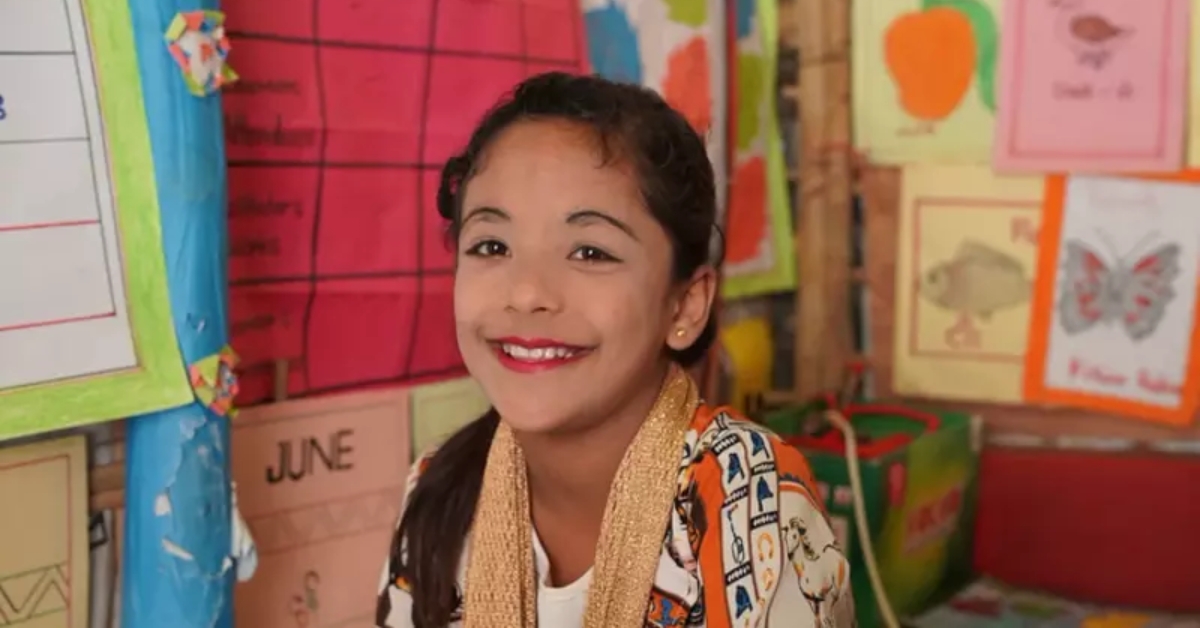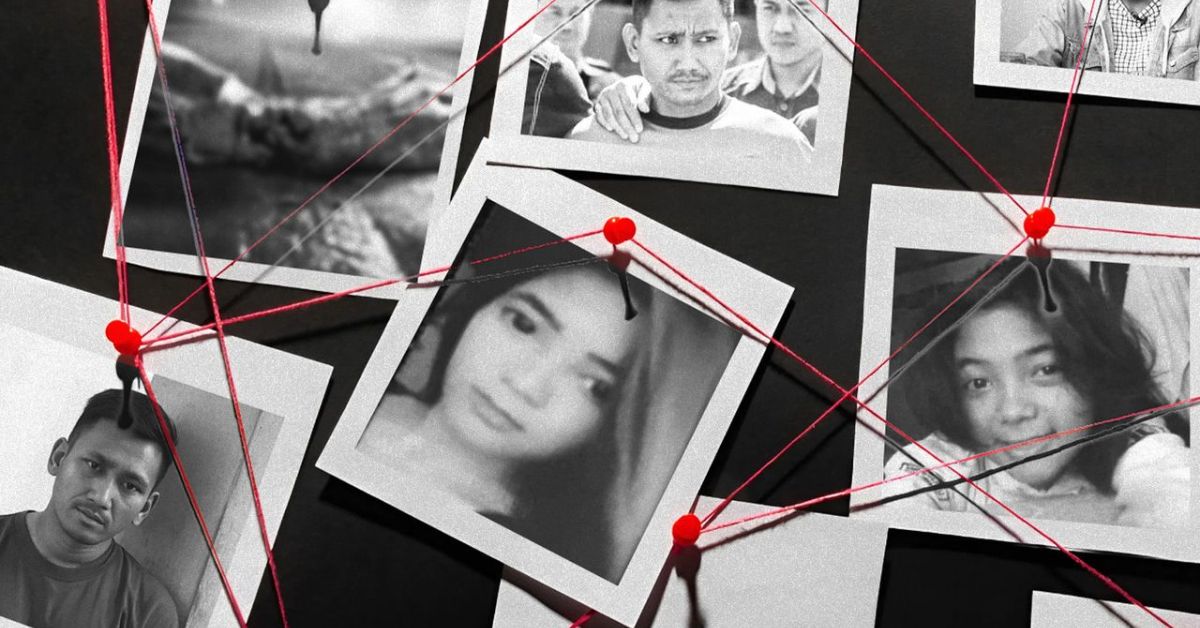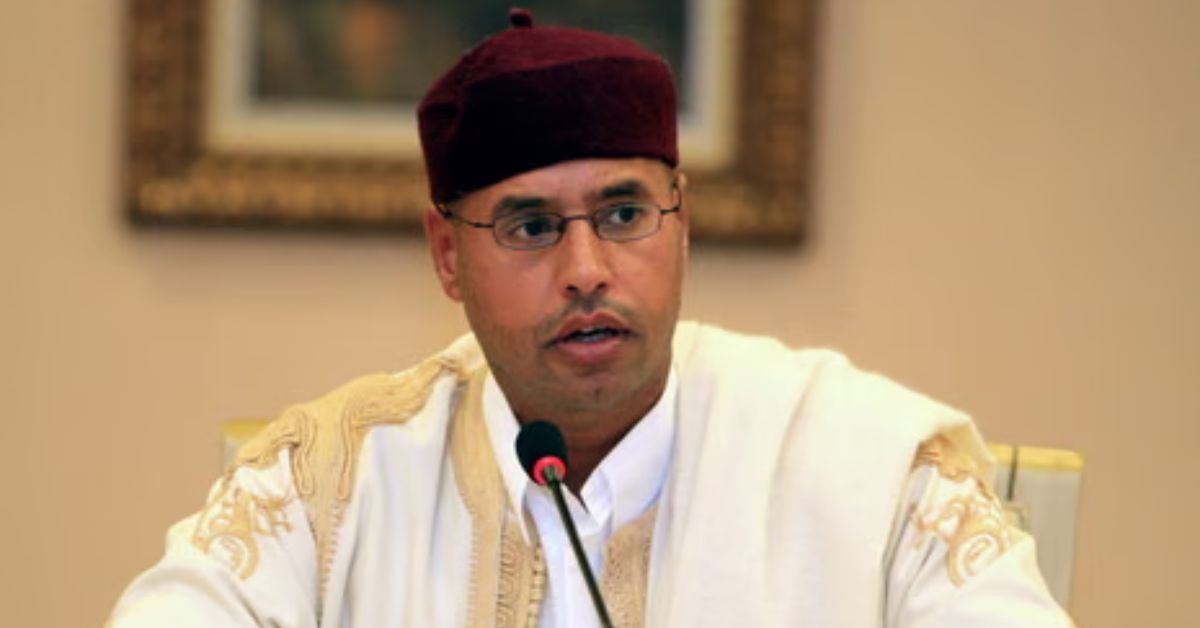Table Of Contents
Education Cannot Wait (ECW)
Seven years ago, a dark chapter in history unfolded as Myanmar’s Rakhine State erupted in violence, forcing nearly a million Rohingya people to flee for their lives.
Today, the echoes of that tragedy still resonate, but amidst the turmoil, one light remains unwavering—Education.
In the world’s largest refugee camp at Cox’s Bazar, Bangladesh, where almost a million Rohingya live in makeshift shelters, Education is not just a pursuit but a lifeline for children like 14-year-old Jannat.
Jannat dreams of becoming a doctor, a beacon of hope that guides her through the challenges of refugee life.
Her story is emblematic of the resilience and aspirations of countless Rohingya children who, despite the odds, continue to strive for a brighter future through Education.
However, their dreams are under threat as the international response to the Rohingya crisis faces significant funding shortfalls.
The humanitarian situation in Cox’s Bazar is dire.
Nearly a million people, half of them children, live in overcrowded conditions with limited access to necessities.
The Government of Bangladesh, alongside international partners, has done remarkable work to support these refugees, but the strain on resources is immense, and the needs are growing.
Education Cannot Wait (ECW), the United Nations’ global fund dedicated to Education in emergencies and protracted crises, has been at the forefront of efforts to provide educational opportunities to Rohingya children since November 2017.
With a coalition of strategic donors, government agencies, UN bodies, and civil society organizations, ECW has invested over $50 million to ensure that Rohingya and host community children in Bangladesh have access to quality education.
This investment has made a profound impact.
Over the past seven years, ECW’s initiatives have reached over 325,000 girls and boys, provided essential learning materials, rehabilitated over 1,400 classrooms, and offered financial support to more than 1,700 teachers.
When the COVID-19 pandemic struck, ECW and its partners swiftly adapted their programs, enabling over 100,000 children to continue their education remotely.
These efforts have provided Education, stability, and hope for a generation at risk of being lost to conflict and displacement.
For Jannat and her peers, Education means more than just learning—it is a sanctuary.
Through ECW’s support, these children receive nutritious meals, access to catch-up classes, and a safe space to pursue their studies free from the fears that dominate their daily lives.
Education gives them the chance to dream of a future beyond the confines of the refugee camp.
However, despite these significant strides, the Rohingya crisis is in danger of slipping from global attention.
The Rohingya Humanitarian Crisis Joint Response Plan 2024 urgently calls for $852 million in funding to address the needs of these refugees, including $68 million specifically for Education.
However, only $287 million has been mobilized, with a mere 12.8% allocated to the education sector.
This funding gap is not just a number—it represents lost opportunities, unfulfilled dreams, and a generation at risk of being left behind.
Yasmine Sherif, Executive Director of Education Cannot Wait, issued a powerful statement on the seventh anniversary of the Rohingya crisis, emphasizing the critical importance of continued support.
“We must not forget Jannat and the hundreds of thousands of Rohingya girls like her who only yearn to learn in safety and freedom,” Sherif declared. “Our investment in their Education is in peace, enlightenment, and security across the region. Above all, it is an investment in the Rohingya people’s rights and the rights of all persecuted groups facing human rights abuses and attacks the world over.”
Sherif’s words are a stark reminder that Education is not just a fundamental right but the foundation upon which all other rights and freedoms are built.
Investing in Education is investing in the future of these children, the stability of the region, and the achievement of global goals.
Education is the cornerstone of health, food security, and skills development, and it is crucial to realizing all the Sustainable Development Goals.
As we reflect on seven years of unimaginable suffering, it is clear that more must be done.
The international community must not only hold the perpetrators of these atrocities accountable but also take decisive action to ensure that the Rohingya people can return to their homeland in safety and dignity.
The rule of law must be enforced, and humanity must prevail over hatred and violence.
The message is clear: we cannot afford to look away.
The world must rally behind the Rohingya children, ensuring that their right to Education—and, by extension, their hope for a better future—is safeguarded.
Education is a lifeline and the foundation upon which their entire future rests.
The time to act is now.
Join Education Cannot Wait and its partners in this vital mission.
Together, we can ensure that the Rohingya crisis is not forgotten and that the promise of Education is fulfilled for every child everywhere.
About Yasmine Sherif
In the relentless pursuit of justice and human dignity, few have navigated the complexities of global crises with the poise and resolve of Yasmine Sherif.
As the Executive Director of Education Cannot Wait (ECW), Sherif stands at the forefront of a global initiative that has revolutionized Education in emergencies and protracted crises.
Her career, spanning three decades with the United Nations and international NGOs, is a narrative of unwavering commitment to the world’s most vulnerable populations.
Sherif’s journey began in the late 1980s when the world grappled with significant geopolitical shifts and complex humanitarian challenges.
Her United Nations career took off in 1989 in Geneva and Afghanistan, where she faced the harsh realities of conflict head-on.
Torn apart by War, Afghanistan was an early proving ground for Sherif’s expertise in International Humanitarian Law and Human Rights Law.
This experience would lay the foundation for her lifelong mission to protect those caught in the crossfire of War and displacement.
One of the pivotal moments in Sherif’s early career was her role in a peacekeeping mission in Cambodia, where she helped uncover undisclosed prisons in Battambang province.
Reflecting on this experience, Sherif once said, “It was a moment that defined my career. I realized then that our work is not just about policy—it is about uncovering the truth and giving a voice to the voiceless.”
This mission exposed the dark underbelly of conflict and solidified Sherif’s resolve to pursue justice for victims of human rights violations.
Her subsequent work with the United Nations High Commissioner for Refugees (UNHCR) during the Bosnian War further showcased her ability to navigate complex and dangerous environments.
Tasked with facilitating the repatriation process for refugees in the Balkans, Sherif was on the front lines of one of the most devastating conflicts in recent history.
The horrors of ethnic cleansing and the deep scars left by the War in the Balkans only deepened her commitment to humanitarian causes.
Throughout her career, Sherif gravitated towards the world’s most crisis-affected regions.
From the war-torn landscapes of the Democratic Republic of the Congo to the volatile Middle East, her presence became synonymous with advocacy for the rights of civilians caught in conflict turmoil.
During her tenure with the United Nations Office for the Coordination of Humanitarian Affairs (OCHA) in the early 2000s, Sherif played a crucial role in drafting policies to protect civilians and ensure the delivery of humanitarian aid in the most challenging circumstances.
Colleagues often describe Sherif as a leader who listens as much as she speaks and whose decisions are informed by data and the lived experiences of those she serves.
Sherif’s work with the United Nations Development Programme (UNDP) from 2005 to 2015 marked a significant chapter in her career.
Tasked with building rule of law programs in crisis-affected countries, Sherif focused on the intersection between socio-economic development and stability.
Her efforts were not just about providing immediate relief; they were about laying the groundwork for sustainable recovery and long-term peace.
These programs, implemented in some of the most complex humanitarian crises of the time, underscored Sherif’s belief in the transformative power of law and development as tools for rebuilding societies.
In 2017, Sherif took on her most impactful role yet: leading Education Cannot Wait.
Under her leadership, ECW rapidly expanded its reach, mobilizing US$1 billion in less than five years and implementing educational programs in 35 crisis-affected countries.
With bureaucratic hurdles and the often slow-moving wheels of international diplomacy, Sherif’s persistence and innovative thinking led to unprecedented funding for Education in crisis zones.
Her leadership style, characterized by strategic vision and deep empathy, has been crucial in steering ECW through the complexities of global Education in emergencies.
Beyond her executive role, Sherif is a formidable advocate on the global stage.
She tirelessly works to inspire political commitment and secure the necessary funding to ensure that Education remains a priority, even in dire emergencies.
Her ability to galvanize public and private donors, governments, UN agencies, and civil society organizations has been pivotal in sustaining the momentum of ECW’s mission.
Sherif often says, “Education is not just a right; it is the cornerstone of peace and stability.” This philosophy drives every initiative she undertakes.
Sherif’s contributions to the field have not gone unnoticed.
She has been honored with numerous awards, including Sweden’s UN Friend of the Year, the Global Educator Award in the United States, and the Mother Teresa Award.
These accolades reflect her professional achievements and deep commitment to the causes she champions.
Her work has also earned her a place in Marquis Who is Who and recognition in the “Women Leaders 2024 Collector’s Edition,” affirming her status as a leader of global influence.
In addition to her executive and advocacy roles, Sherif is an accomplished author and thought leader.
Her book, “The Case for Humanity: An Extraordinary Session,” launched at the United Nations in 2015, is a powerful testament to her vision of a world where human rights are universally respected and protected.
As an Adjunct Professor at Long Island University, Sherif has also imparted her knowledge and experience to the next generation of leaders in international humanitarian law and development.
As Yasmine Sherif continues to lead the charge for Education in the world’s most challenging environments, her story remains a powerful testament to the enduring impact of one individual’s commitment to humanity.
The children she fights for today are the leaders of tomorrow, and their futures are brighter because of her unwavering dedication.
Sherif’s journey is not just one of professional accomplishment; it is a beacon of hope for those who, through her work, have found the opportunity to learn, grow, and envision a future beyond the hardships of their present.
Her story is a reminder of one person’s profound impact on the world and an inspiration to all who believe in the transformative power of Education and human rights.






